- Engaging with communities to divert waste from landfills and work towards a zero waste/circular economy
- Reducing contamination in kerbside recycling collections
- Partnering with communities to support the delivery of council services and programmes
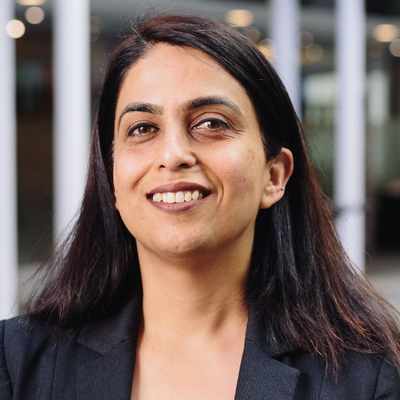 Parul Sood
Parul Sood
General Manager – Waste Solutions
Auckland Council
- What are some strategies that local governments can use to increase community awareness of recycling and refuse recovery initiatives?
- How are local councils successfully building active community stewardship programs?
- How can councils use waste-free initiatives to engage younger generations in establishing improved recycling behaviour at the school age level?
- What are some practical issues to consider when establishing community-based recycling and reuse programs?
Panellists:
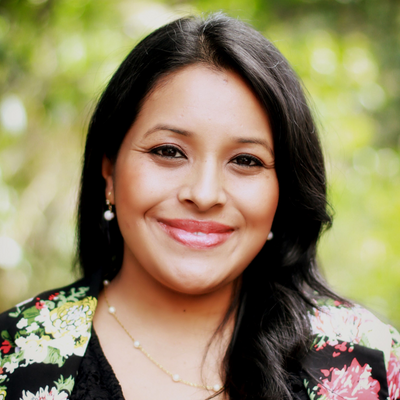 Alina Tamrakar Maskey
Alina Tamrakar Maskey
Resource Recovery Engagement Officer
Cumberland City Council
- Understanding the levy as a critical economic incentive to reduce the amount of waste being sent to landfill
- Determining whether or not a waste levy is a double-edged sword for recyclers with unintended consequences and increased costs
- Analysing how waste diversion practices can be improved and the role waste levies can play moving into the future
 Nancy Chang
Nancy Chang
Executive Director - Regulatory Policy, Initiatives and Advice
EPA NSW
- Overcoming the hurdle of insufficient infrastructure to support a circular economy through investment and innovative thinking
- Developing clear steps to help with the transition to a circular economy
- Building strategies to develop markets for recycled products and create better end-of-life management systems for waste materials
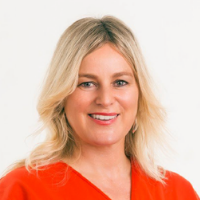 Lisa McLean
Lisa McLean
Chief Executive Officer
NSW Circular
- Examining what Australia needs to do to support and grow a true circular economy
- Determining how local councils can promote recycling, reusing, and repairing as an alternative to disposal
- Empowering the creation and development of a local circular economy through investment and in new and emerging infrastructure
- Examining the types of levers that can be used at the local level to move more rapidly towards a genuine circular economy
- Educating the local community on the importance of developing a circular economy
- Adopting frameworks and targets to help the local business community support the growth and development of a local circular economy
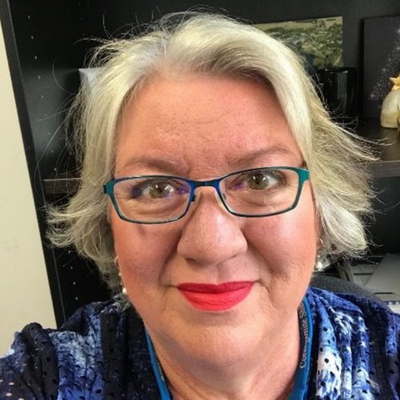 Justine Linley
Justine Linley
Director – Sustainable Development
Corangamite Shire
- Closing the waste loop and reducing waste through remanufacturing and reuse
- Developing strategies to meet and exceed the 50% reduction in organic waste being sent to landfill as outlined in the National Waste Policy Action
- Enabling the local community to understand the importance of resource recovery and what it could mean to the local economy
 Monica Cologna
Monica Cologna
Director – Community and Environmental Planning
City of Canada Bay
- Developing a collaborative approach to nurturing a local circular economy to increase remanufacturing and decrease contaminants being deposited in landfill
- Increasing economic growth through developing a circular economy while protecting, conserving, and regenerating local environmental health and sustainability
- Understanding how crucial it is to invest in, and support, cross-sector collaboration in reducing non-biodegradable waste ending up in landfill
- What are some of the critical actions everyone in the local community can take to support the introduction of a community-driven circular economy?
- What role do local councils play in these efforts?
- What are the critical factors that need to be addressed before we can truly embrace a circular economy?
- What are the most significant challenges currently preventing increased adoption of circular economy principles across Australia?
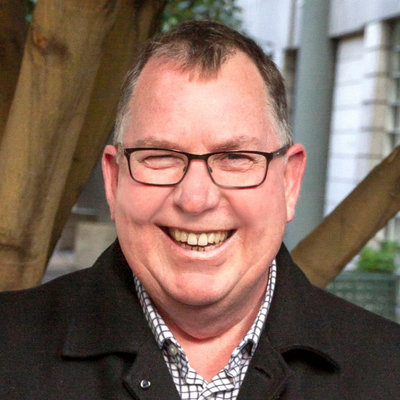 Paul Murfitt
Paul Murfitt
Director – Industry Insights and Infrastructure
Sustainability Victoria
 Julie Briggs
Julie Briggs
Chief Executive Officer
Riverina Eastern Regional Organisations of Councils
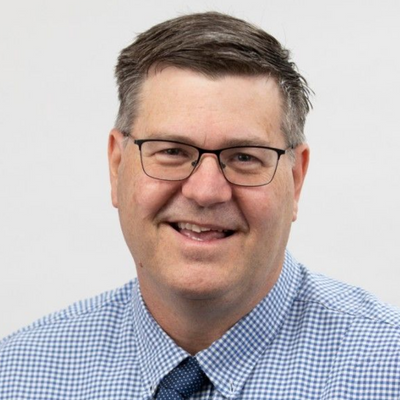 Warren Bunker
Warren Bunker
Group Executive – Liability and Natural Assets Group
Sunshine Coast Council

